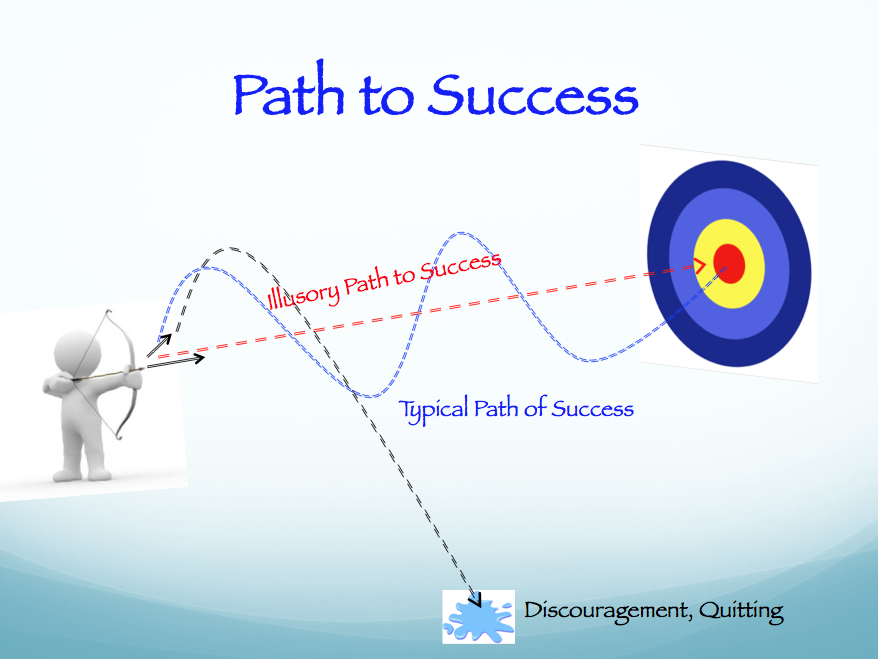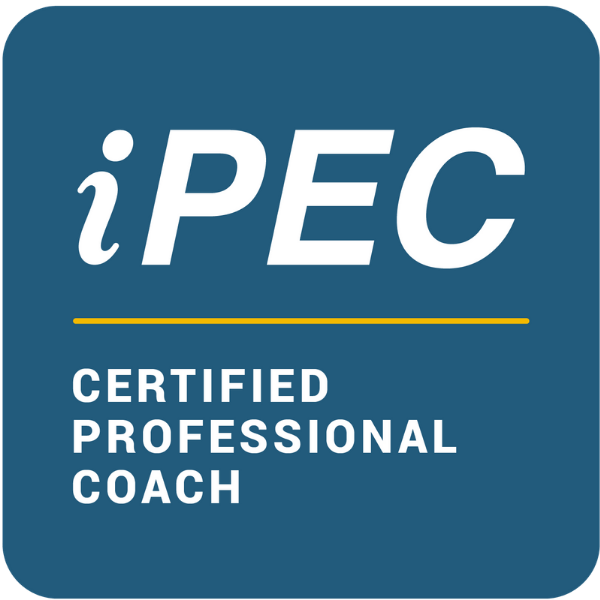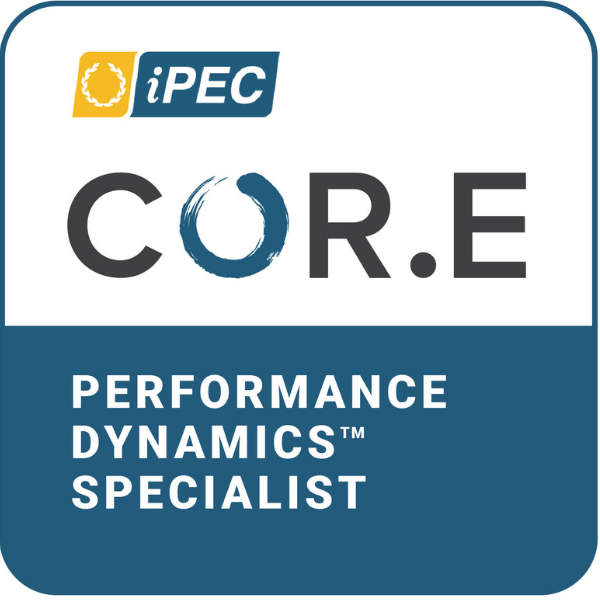When my son was 5 years old, I asked him what activities he wanted to do when got older and went to high school. His response, “I want to do whatever you did Dad.” On one hand this is quite flattering, on the other it was concerning. You see, I was 6’2” and a highly coordinated athlete who played football, basketball and baseball in high school and went on to play Division I baseball. My son, who is now age 22, loved playing sports, but he was a stocky 5’10” with decent coordination and slow foot speed. He played all the sports growing up and ended up playing football in high school as a reserve linebacker.
In my work as a coach, I see the above scenario all the time. The parent is super accomplished in one area, maybe a professional athlete, a top flight surgeon or lawyer or entrepreneur. The child naturally looks up to the parent and wants to please them and emulate them. (Watch the famous clip of Rocky talking to his son).
The tricky part comes when the child does not have the skills, desire or circumstances to repeat the success of the parent. The child can quickly be labeled a disappointment or underachiever.
The label of disappointment or underachiever can be devastating for a young person. Many of these children as they reach their teen years are shrewd enough to see that they are unlikely to repeat the success of their star parent, so they do not even try. It is easier to withdraw and hide than face the daily scrutiny and critique of not being good enough. The teenager who is a good student, but is unlikely to repeat the Ivy League success of his/her parent will sometimes go the other way and quit trying in school. The good but not great athlete whose parent was a professional athlete, will sometimes drop off teams and may turn to negative peers or drug/alcohol for comfort.
Accomplished parents are usually quite careful to not consciously put pressure on their kids to repeat their success, but the unconscious messaging usually runs counter to that. Kids pick up deep messaging that “being good at X means I am a success in this family.” I would love to tell you that I did not put any unconscious pressure on my son to be an athlete, but I most likely did. What did I talk with him about? What did I celebrate? What did I show interest in his activities? I was not trying to pressure him to be a great athlete, but my subtle cues pointed that direction.
So, what can we do to break this cycle of high expectations and crashing disappointment for the children of high achieving parents? Here are three ideas to help the children of high achieving parents.
#1 Share your Real story
When a parent is extraordinarily accomplished, it can look easy from the outside. The great surgeon does not focus on their ten years of training beyond college or the musician does not talk about their 20,000 hours of practice or the athlete about their many lonely hours in the gym. Rare professional success almost always is corroborated with unusual high levels of effort and dedication. As successful adults, we need to talk in a low-key, straightforward manner about the effort it took to be successful. We can talk about how our dedication was fueled by a passion to be great. We can talk about how the road was not always easy, but the passion we felt for our area, kept us going in the challenging times. Here’s the great part, our passion does not have to be our kid’s passion.
One of the best things we can do as successful parents is share with our kids that the path of success is not a straight line, it has ups and downs. If I expect success to be fairly easy, then I am set up to quit, the first time a real struggle happens. As successful adults, we need to share the struggles with our kids, not just the victories, but also the agonizing defeats.
#2 Find your child’s “Element”
Sir Kenneth Robinson in his widely acclaimed TED talk on education and creativity, talks about the concept of people finding their “element”. Your element is the intersection of what you are good at and what you enjoy doing. In coaching circles, this is often called finding your passion. For the children of high performing parents, there can be an assumption, that the child’s passion is the same as the parent. If the parent had a life-long dream to attend an Ivy League school, why wouldn’t the kid have the same dream? Well, because they are not the same person! The child has their own set of skills, interests and dreams. When we force feed a child towards a certain passion, they might initially do it through compliance, but deep down resentment will build.
One of the fundamental building blocks of personal motivation is choice. When we feel like we have choice or locus of control, we are motivated to take action. When we feel like we are living other people’s choices, we are demotivated. The children of successful parents often feel like they are living other people’s choices.
#3 Define Success: 4 Key Questions
In our 24/7, show me the money world, it is easy to focus only on outcomes. If you want to know who is successful, check the scoreboard or your bank account. This is especially true for successful people and families. Now please, I can hear you thinking, Coach Pat you are getting soft, you do not care about outcomes? Wrong, I care deeply about outcomes. The real question is how do we get great outcomes? In my own life and my work with clients, I have seen that you do not get the best results when you are only obsessively focused on outcomes.
Here is a critical point, we cannot control every outcome. The student is at the mercy of the teacher’s grading, the musician to the judge’s whims and the athlete to the quality of the opponent and the officiating. So, what do successful people focus on everyday? Successful people focus on full effort and fearlessly going for it everyday. When you fearlessly go for it day after day, the outcomes will follow.
I tell my clients to ask 4 questions when they evaluate the success of anything.
1. Was I physically ready? In other words, did I have enough sleep or physical training to accomplish my goal? If I was tired or not properly trained, then we know the problem.
2. Was I mentally ready? Did I know the plays or my lines or did I study the materials? Was I fully prepared going into the test, the job interview or audition?
3. Was I emotionally ready? Was I calm and ready to concentrate or was I upset? Did I get into an argument or heavy discussion right before a big event?
4. Did I give full effort throughout? Did I keep going even when I hit an obstacle or did I give up when I hit a bump? If I miss a tackle or mess up a line, did I keep going or do I stop and beat myself up?
If you answered “Yes” to the above four bolded questions, then I suggest you have been successful. What if you do not win the game, get the job or get the part? Is that still success? Yes it is, because we actually do not control all the outcome variables, but we can control our effort.
This message on success is especially critical for the children of highly successful parents. Focusing solely on outcomes is a losing game for the child, because it is not a certainty that they will match the parent’s success. When we stress to our children that life is about finding your path and fearlessly going for it, we create the environment for success.
As my son got older and we moved away from sports, he started to show a real passion for economics and for helping people. How do you know when someone is passionate about something? They do more than they have to and they lose track of time as they are learning more. I am happy to report that my son followed his passion by getting an Economics degree from the University of Wisconsin and he has recently accepted a job as a financial advisor. He is excited to help people understand the power of financial planning. He has found his element and oddly enough it had nothing to do with sports.
« Back to Blog





